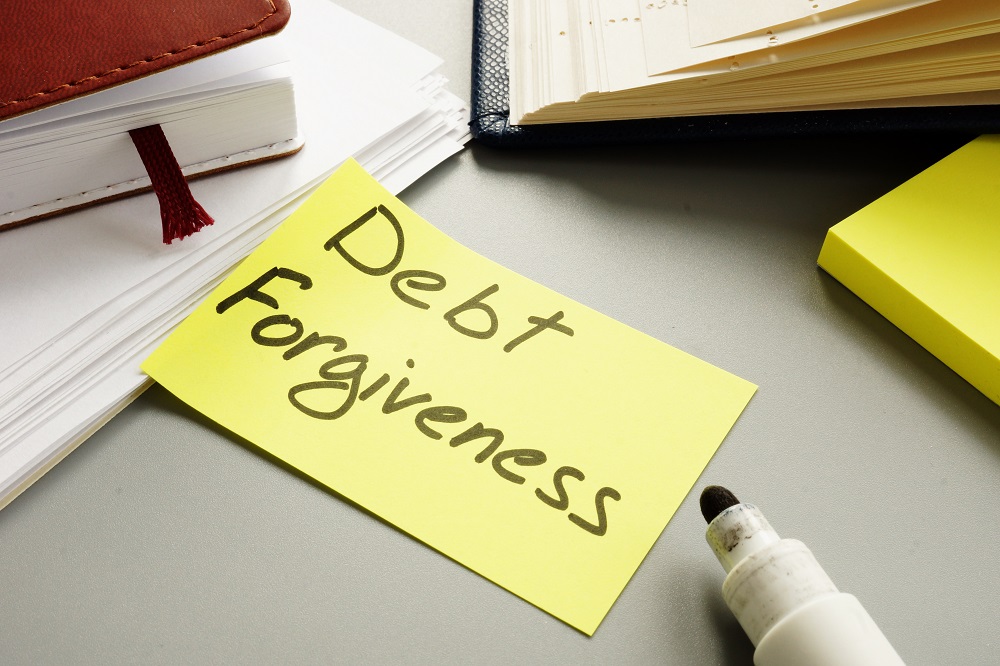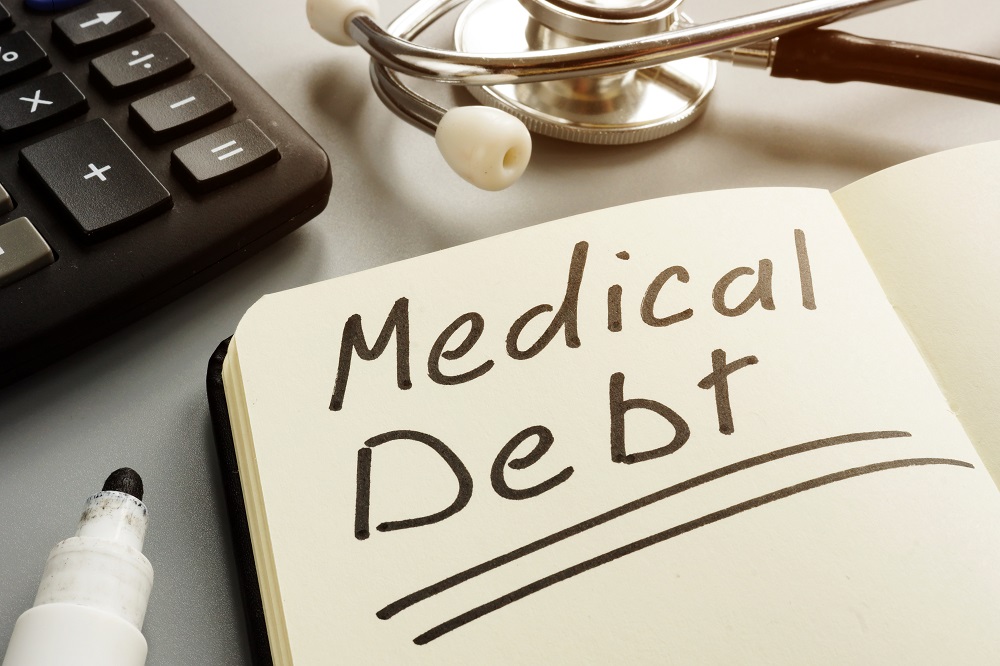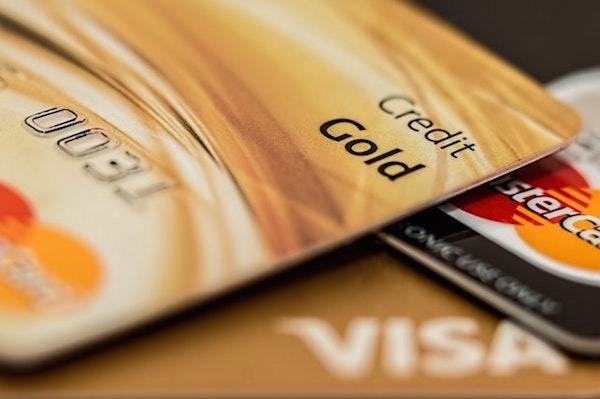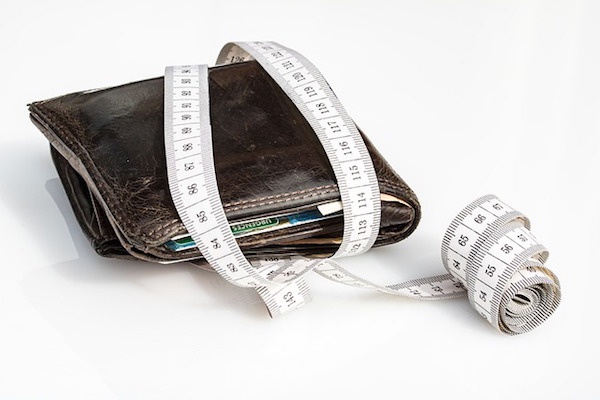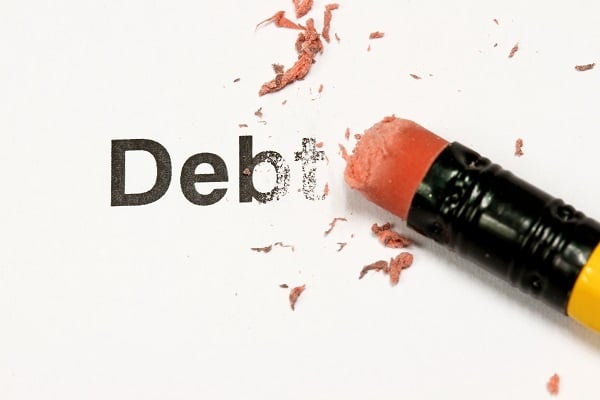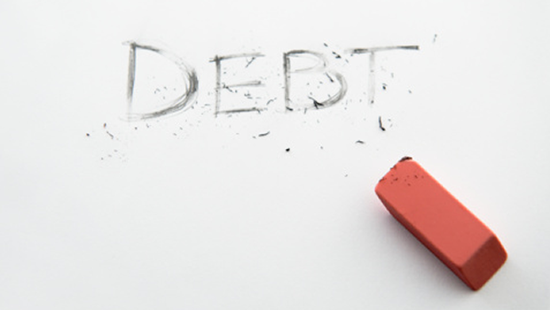When a creditor has failed to obtain payments from the debtor, the creditor may sell the debt to a debt collector. If the debt collector or creditor is still unable to collect on the debt they may employ a law firm to pursue the debt through a lawsuit. The initial start of the lawsuit begins with notice to the debtor that they are being sued.
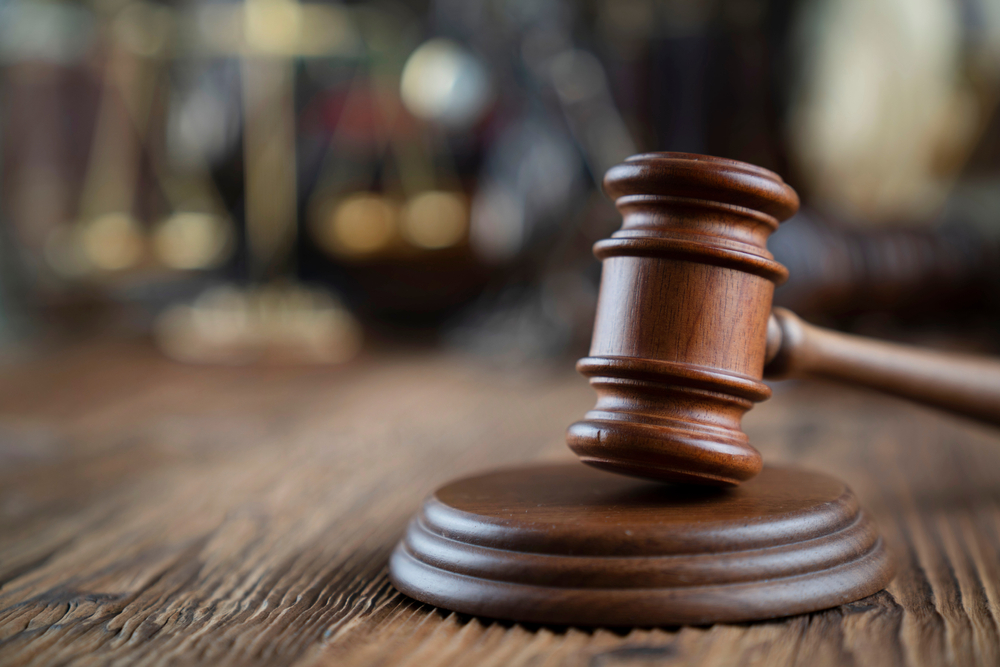
Judgments
When a creditor has failed to obtain payments from the debtor, the creditor may sell the debt to a...




